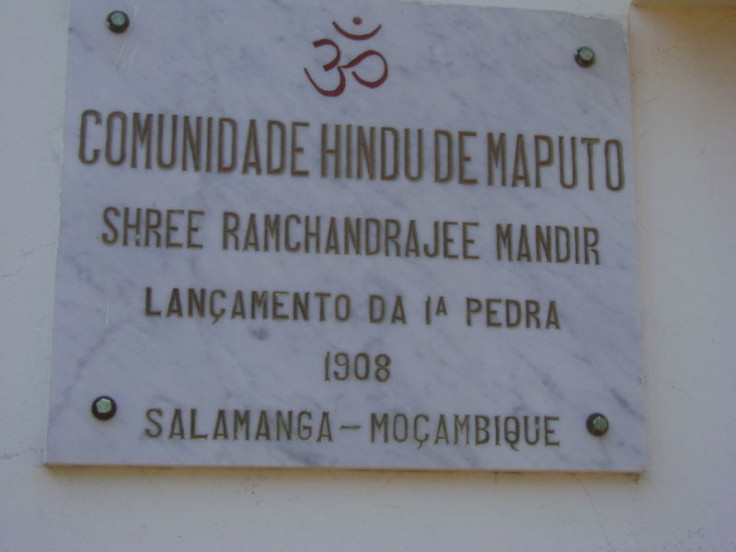Back To The Future: Indian Investment In Mozambique Gas Field Extends Centuries-Long Link Between Two Countries

Oil & Natural Gas Corporation Ltd. (NSE: ONGC), the state-controlled Indian oil and gas giant, announced Monday that will purchase an additional 10 percent stake in an offshore gas field in Mozambique from Anadarko Petroleum Corp. (NYSE: APC) of the U.S. for $2.64 billion. The property in question, Mozambique's offshore Rovuma Area 1, possess up to 65 trillion cubic feet of gas reserves which will be converted into liquid natural gas (LNG) for Indian markets. In June, ONGC and another Indian company, Oil India Ltd. (NSE: OIL), together purchased a 10 percent stake in the same block from Videocon Group, an Indian multinational firm, for $2.475 billion.
“As a result of both transactions, [ONGC] will own a significant interest in this strategic project in Mozambique,” said ONGC Chairman and Managing Director Sudhir Vasudeva in a statement. “Area 1 has [the] potential to become one of the world's largest LNG projects, and the latest acquisition marks a further significant step… towards the energy security of our country.”
As it seeks to feed its seemingly insatiable energy demands by acquiring oil and gas properties in the far-flung corners of the world, India’s links to Mozambique – an impoverished country of some 23 million people in southeastern Africa – stretches back at least 600 years, perhaps much longer. Merchants and traders, principally Muslims, but also a smattering of Hindus, from India’s southern and southwestern coasts, voyaged up and down the East African coast centuries ago, doing business in spices, ivory, cashew nuts, slaves, etc.
Indeed, when the Portuguese explorer Vasco de Gama landed in what is now Mozambique in 1498, he already found Indian traders established there. Indian links to Mozambique (and East Africa as a whole) continued over the centuries in varying capacities. By the end of the nineteenth century, Indian businessmen and traders, primarily Gujaratis, settled in the country. Just prior to the outbreak of World War I, Indians fleeing racial hostility in neighboring South Africa found a refuge in Mozambique.
However, it was a rough ride for the small Indian community in the country – as a Portuguese colony, Indians often became pawns in geo-political events they had little control over. In the 1960s, after the Indian government seized the formerly Portuguese possessions in India like Goa and Daman & Diu, the dictator in Lisbon, Antonio Salazar, order the round-up of all Indians in Mozambique into prison camps for six months and the confiscation of their properties. When Mozambique gained independence from Portugal in the mid-1970s, the socialist regime under the control of black Africans made life very uncomfortable for the few remaining Indians, prompting their departure to India, Portugal or other African states.
Following a deadly civil war in Mozambique that finally ended in the early 1990s, and the liberalization of the economy, Indians returned to Mozambique and now number some 20,000, according to the Indian High Commission in the capital Maputo. They may be citizens of Mozambique, Portugal or India, but they are generally engaged in retail trading or wholesale businesses.
© Copyright IBTimes 2024. All rights reserved.











